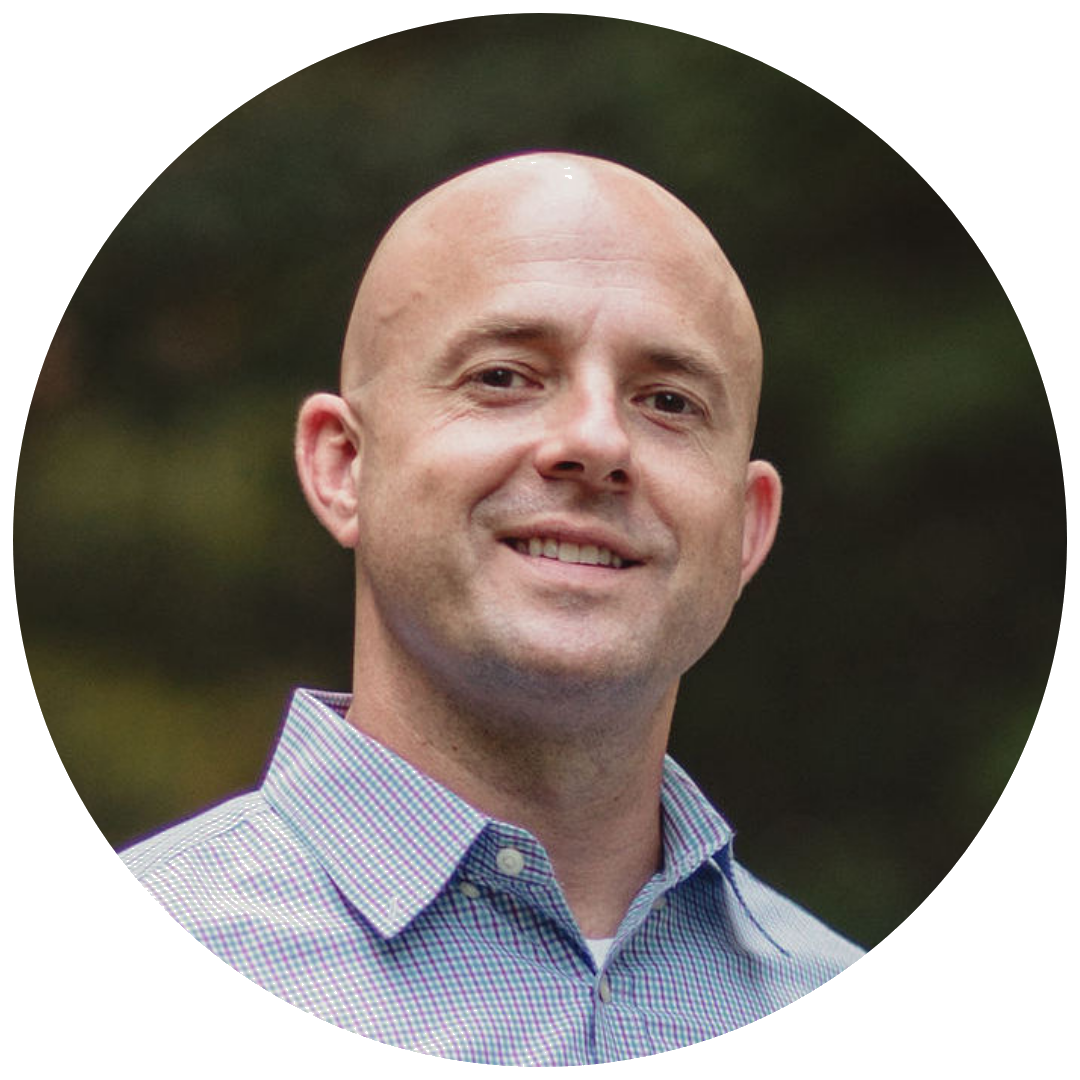Extraction by Toothkey
A toothkey was a device that was inserted into the mouth, affixed to the problem tooth, and then twisted to remove it. It was effective but not particularly hygienic, as it often broke the teeth during the extraction or pulled out more bone and gum than was necessary to remove. The invention of dental forceps made the toothkey obsolete but wasn’t a significantly healthier device.
Dentures Made From Real Teeth
Though dentures have existed for hundreds of years, our methods of constructing them have changed. One common material was actual human teeth, taken from graveyards or battlefields. In other cases, the teeth of animals, like horses and cows, were used. It’s easy to see how this made obvious sense at the time but it’s unlikely that many patients with missing teeth would be on board with the idea today.
Tooth Worms
Before plaque bacteria was understood, many cultures blamed dental decay on imaginary “tooth worms” that were said to burrow into a patient’s tooth and cause pain whenever they moved. During treatment, dentists sometimes mistook the tooth’s nerve for the tooth worm and would extract it, which would have been particularly painful before the development of modern anesthesia.
Barber Dentists
The field of modern dentistry itself began in the mid-1800s. Before then, dentistry was rarely practiced exclusively – often, dentists were simultaneously barbers, and may have provided other services. Without specialization, there was a great deal of malpractice and ignorance.
There are many reasons to be grateful we live in the 21st century rather than the 19th, but these advancements in dental health are some of our most important! Dr. Jesse Harris and the team at East Coast Endodontics is thrilled to be around today, in this time period, to help you achieve your dental health goals.

About the Author
Dr. Harris has been a practicing dentist since 2005. In 2012, he received his Master’s of Science in Dentistry and a certificate in Endodontics. He founded East Coast Endodontics shortly after receiving his master’s degree. He also currently holds a part-time position as a Clinical Assistant Professor for the Endodontics department at Virginia Commonwealth University. View his full bio.

